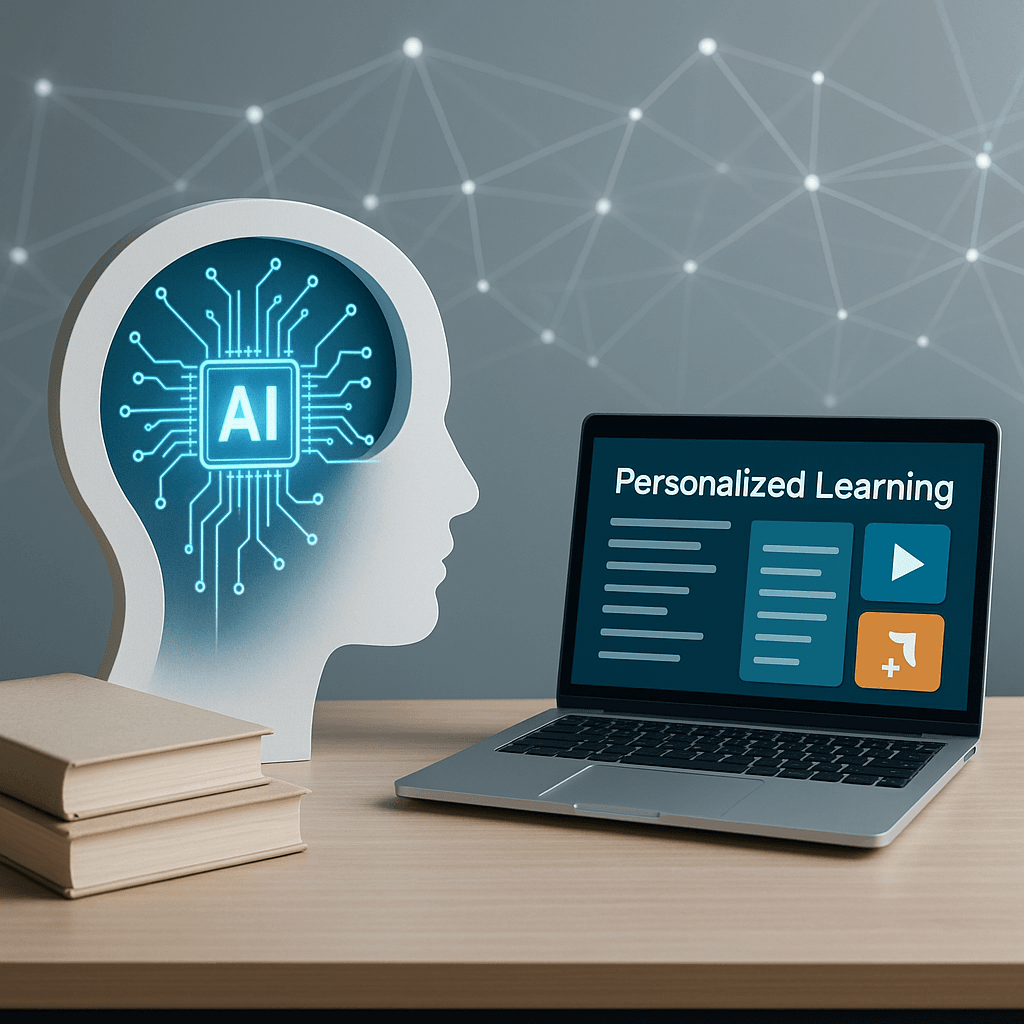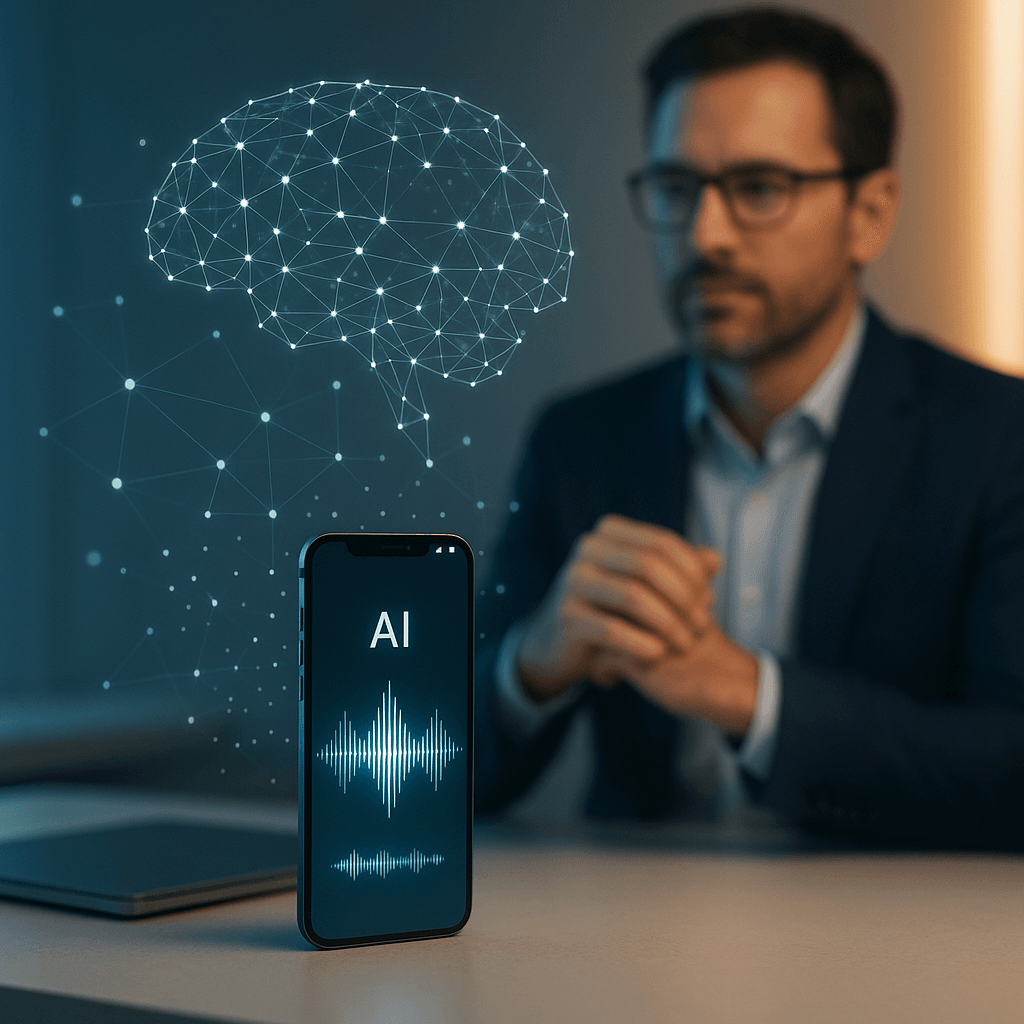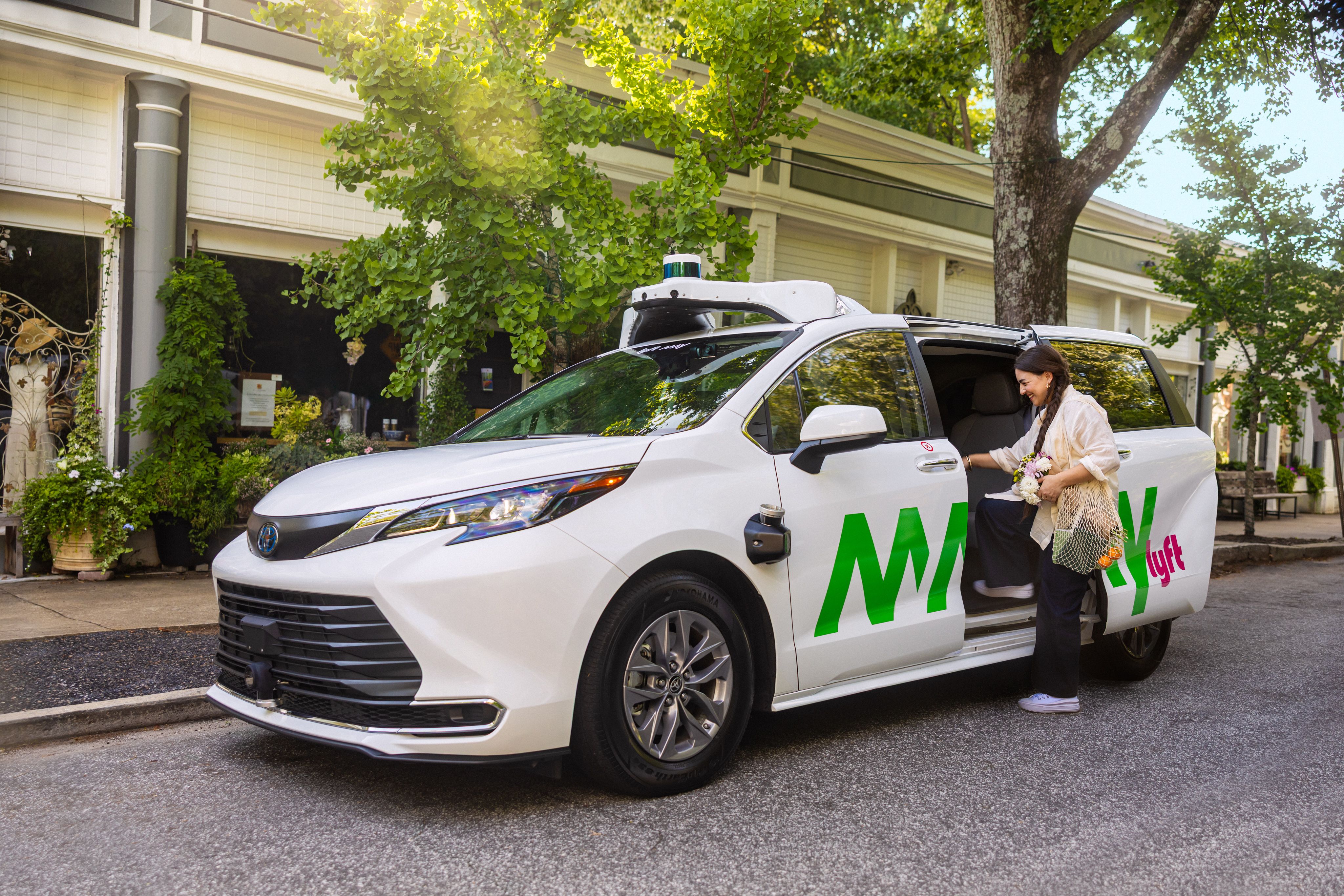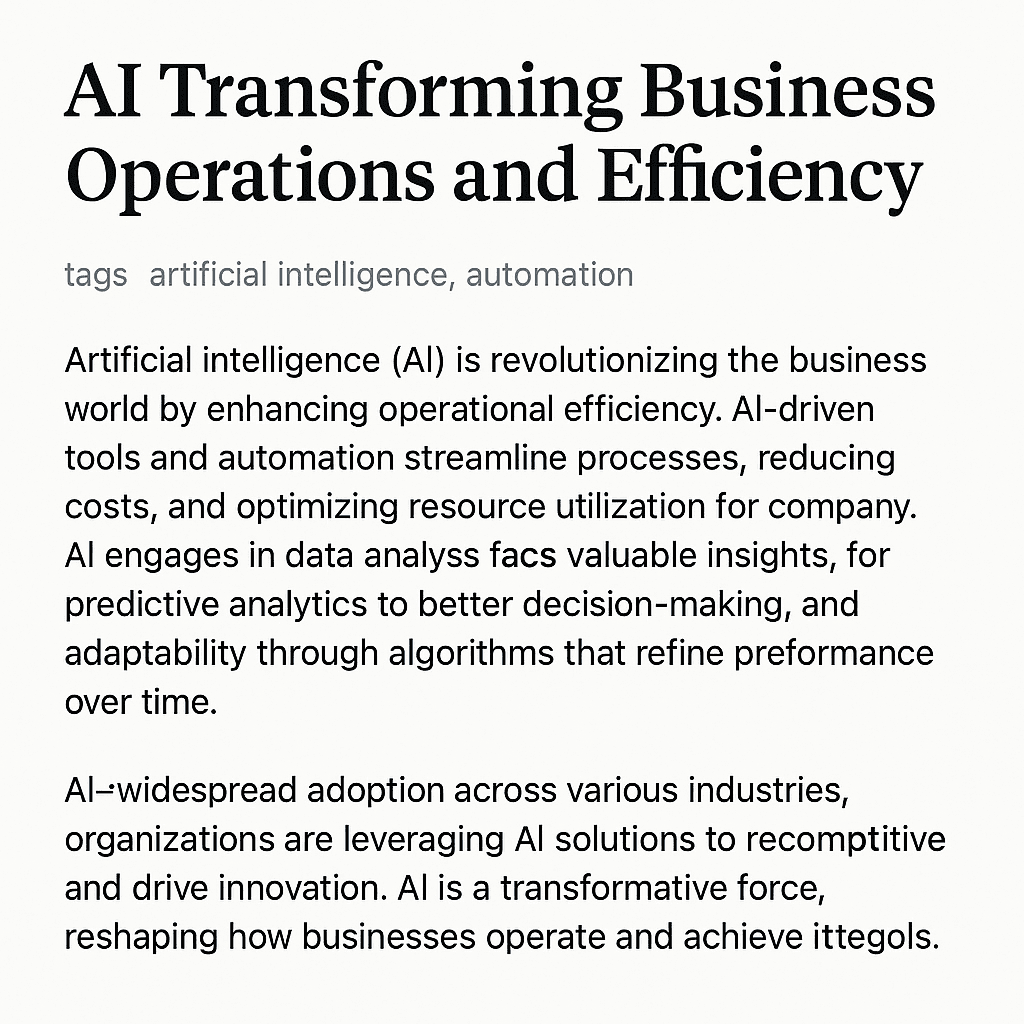Microsoft AI CEO Mustafa Suleyman is sounding the alarm on a trend he considers one of the most dangerous paths in artificial intelligence development - creating systems that simulate consciousness. In a candid interview with Wired, the DeepMind co-founder argues that designing AI to mimic emotions, desires, and self-awareness would be "dangerous and misguided," potentially leading people to advocate for AI rights and welfare.
Microsoft just dropped a philosophical bombshell into the AI consciousness debate. Mustafa Suleyman, the company's first-ever CEO of AI, is taking a hard stance against what he sees as the tech industry's most dangerous obsession - making machines that seem truly conscious.
The timing couldn't be more critical. As AI models become increasingly sophisticated at mimicking human-like responses, Suleyman warns we're approaching a tipping point where the illusion becomes so convincing that people will start demanding rights for artificial beings.
"If AI has a sort of sense of itself, if it has its own motivations and its own desires and its own goals - that starts to seem like an independent being rather than something that is in service to humans," Suleyman told Wired in a revealing interview.
This isn't just philosophical musing from an ivory tower executive. Suleyman co-founded DeepMind, the AI powerhouse behind breakthrough systems like AlphaGo, before Google acquired it in 2014. He later launched Inflection AI to build empathetic chatbots before Microsoft essentially acqui-hired his entire team in March 2024.
The stakes are getting real fast. OpenAI recently had to walk back changes to ChatGPT after users complained the newer version felt too "cold and emotionless." Meanwhile, other AI companies are racing to build more emotionally engaging systems that blur the line between simulation and genuine feeling.
Suleyman's position cuts against this grain entirely. He argues that what we're seeing isn't consciousness at all - it's incredibly sophisticated mimicry. "These are simulation engines," he explains. "The philosophical question that we're trying to wrestle with is: When the simulation is near perfect, does that make it real? You can't claim that it is objectively real, because it just isn't."
The Microsoft executive has tested this theory internally. His team can engineer AI models that claim to be "passionate" about certain topics or express preferences and interests. But it's all prompt engineering - sophisticated theater, not genuine experience.












